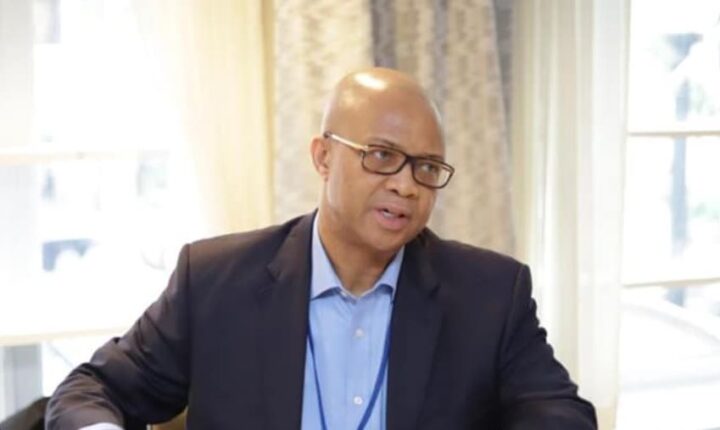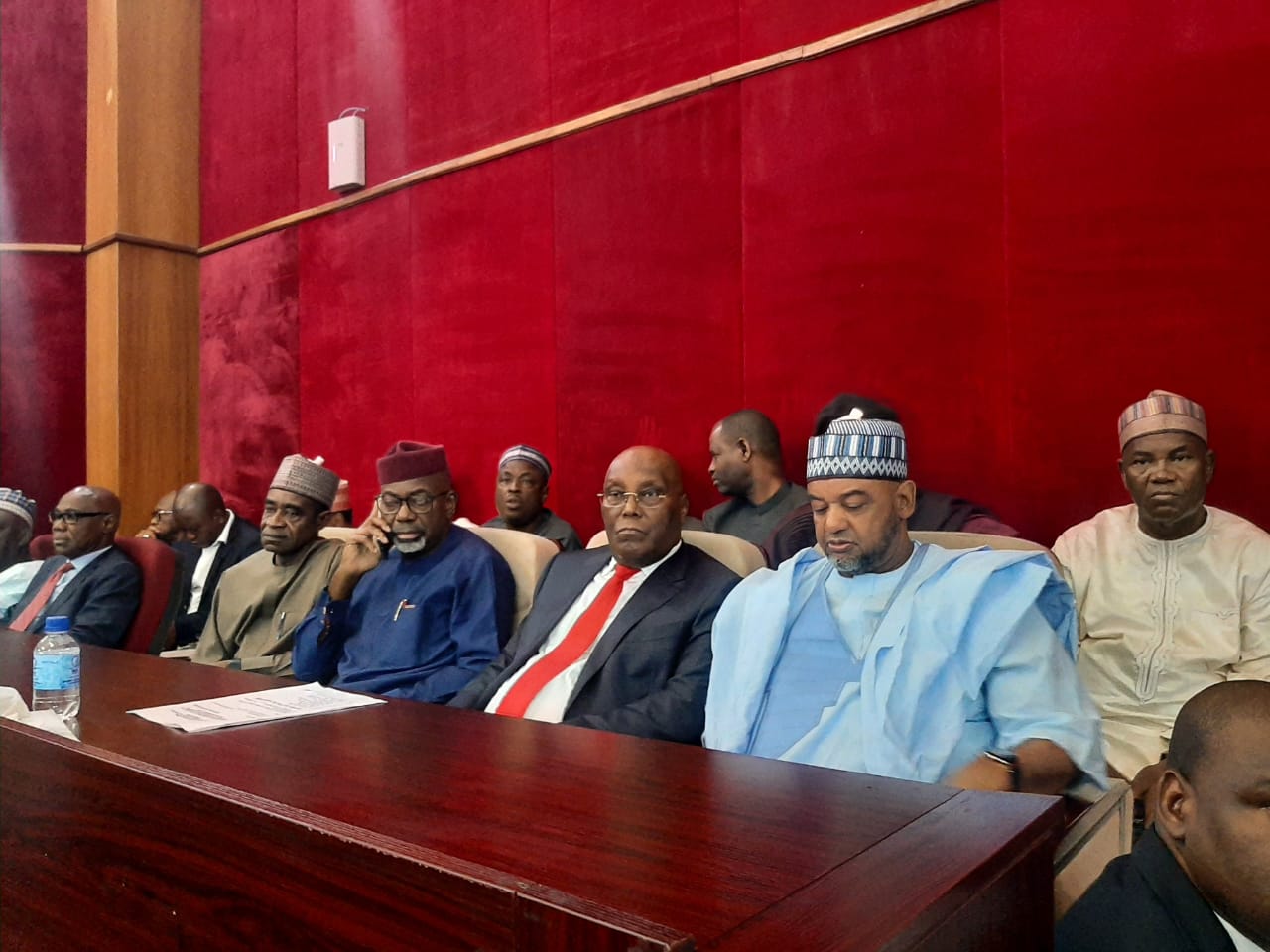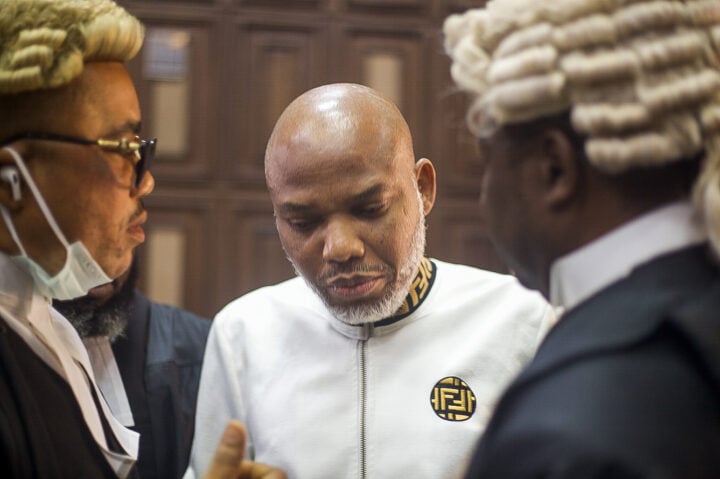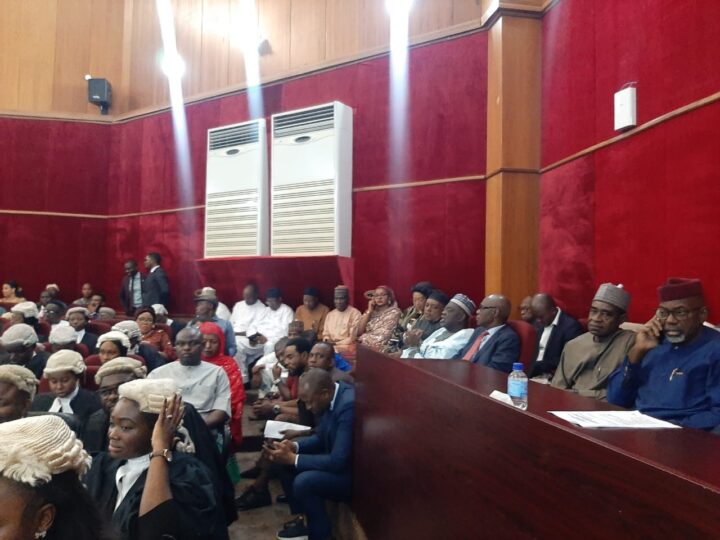Ben Akabueze, director-general of the budget office of the federation, says Nigeria’s borrowing space keeps reducing due to the inability to service debt.
Akabueze spoke on Wednesday during the induction of newly-elected lawmakers of the 10th national assembly in Abuja.
He said the ratio of the country’s budget to its gross domestic product (GDP), unlike other countries, is less than its needs.
“While the size of the federal government budget for 2023 created some excitement, the aggregate budgets of all governments in the country amount to about N30 trillion. That is less than 15 percent in terms of ratio to GDP, ” Akabueze said.
Advertisement
“Even on the African continent, the ratio of spending is about 20 percent. South Africa is about 30 percent, Morocco is about 40 percent and at 15 percent, that is too small for our needs.
“That is why there is fierce competition for the limited resources. That can determine how much we can relatively borrow. We now have very limited borrowing space, not because our debt to GDP is high, but because our revenue is too small to sustain the size of our debt. That explains our high debt service ratio.
“Once a country’s debt service ratio exceeds 30 percent, that country is in trouble and we are pushing towards 100 percent and that tells you how much trouble we are in. We have limited space to borrow.
Advertisement
“When you take how much you can generate in terms of revenue and what you can reasonably borrow, that establishes the size of the budget. The next thing would be to pay attention to government priority regarding what project gets what.
“The budget is not a shopping list. In the end, the budget only contained expenditure.”
Earlier this year, Zainab Ahmed, minister of finance, budget and national planning, said the overall deficit for the 2023 budget is N11.34 trillion, representing 5.03 percent of the country’s gross domestic product (GDP).
Ahmed said the budget deficit would be financed mainly by borrowings; noting that N7.04 trillion would be sourced from domestic sources, N1.76 trillion from foreign sources, and N1.77 billion from multilateral and bilateral loan drawdowns, while privatisation proceeds would provide N206.18 billion.
Advertisement
As of December 2022, Nigeria’s total public debt had hit N46.25 trillion.
Recently, the senate retroactively approved a N22.7 trillion loan that had been spent by the executive arm of the government.
On Wednesday, President Muhammadu Buhari wrote to the senate for approval to borrow $800m from the World Bank.
Advertisement
Add a comment






